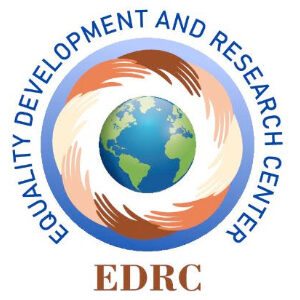End Gender Inequality
According to the European Institute for Gender Equality, gender inequality is the legal, social and cultural situation in which sex and/or gender determine different rights and dignity for women and men, which are reflected in their unequal access to or enjoyment of rights, as well as the assumption of stereotype social and cultural roles. In almost all societies, women are in an inferior position when compared to men.
Overview
Gender inequality in our society today, is among the most prevalent forms of social inequality which exists all over the world, with different effects in different regions. Discrimination with respect to gender inequality in Nigeria is at the apex in the contemporary era. This inequality poses a threat to Nigeria’s path to democratic consolidation and sustainable development in the country. In Nigeria, women are sometimes treated as chattels. The patriarchal structure enables inequality among men and women.
At Equality Development and Research Centre (EDRC), we use our platform to defend the rights of women in Nigeria, embrace equality and ensure that women are treated fairly and not discriminated against by the reason of their sex. Some of the ways we defend the rights of women are by;
- Establishment of funds to help ensure that young girls are provided with adequate education.
- Educating and encouraging young girls and women to venture into male dominated industries and providing them female role models.
- Combating cultural practices that oppress women e.g. widowhood practices, wife inheritance, female genital mutilation, etc.
- Fighting discrimination against women in paid employment through campaigns and sensitization.
- Providing assistance to women who are bullied in their various workplaces.
- Challenging stereotypes in upbringing of the boy and girl child, through sensitization.
- Promoting male responsibility for fatherhood.
- Advocating for inclusion of domestic work in the computation of GDP.
- Encouraging and fostering reproductive health counselling for women and young girls.
- Politically educating and empowering women to take part in the political process as party members, leaders, voters and candidates, this would encourage women’s participation in politics and governance.
In order to transform gender relations, there is the need to challenge patriarchy in all its manifestations in domestic production, politics, paid employment, culture and religion, sexuality, male violence and the State; and specifically promote women’s rights.








